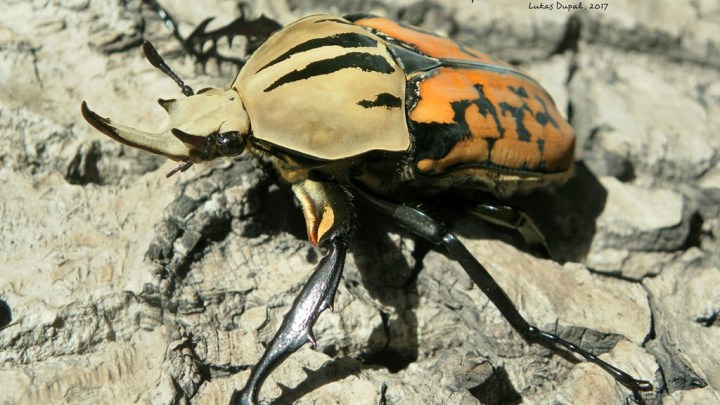Small or big, bugs are essential to everyday life! Naturalists Nathalie Guénel and David Sannier decided to change their lives two years ago. Goodbye Brittany, hello Ariege! Today, the couple wishes to address environmentally sensitive actors, by giving online courses to discover biodiversity. At the same time, an experimental and biological micro-farm will be developed in early 2021. At the time of writing, their project, called Bestioles et compagnie, has raised nearly 2,400 euros on the Zeste platform. There are still a fortnight left to support them. Meet them.
Feat-Y: Where did the idea for your project come from?
Nathalie Guénel: We decided to be our own bosses and to do more to preserve the environment. With Bestioles et compagnie, our goal is to give concrete solutions. We offer online training to become naturalist, but also the possibility to consume locally and with producers who take into account biodiversity in their practices.
Feat-Y: What motivated this desire?
N.G.: We’re both ecologists. Little by little, we realized that our convictions could sometimes be put aside, so we wanted to go ahead and apply them freely. When we train in naturalism, we find a multitude of books and information. We are quickly overwhelmed. However, we would like to allow people to benefit from a guide that is easy to access and that helps to progress quickly, without getting discouraged.
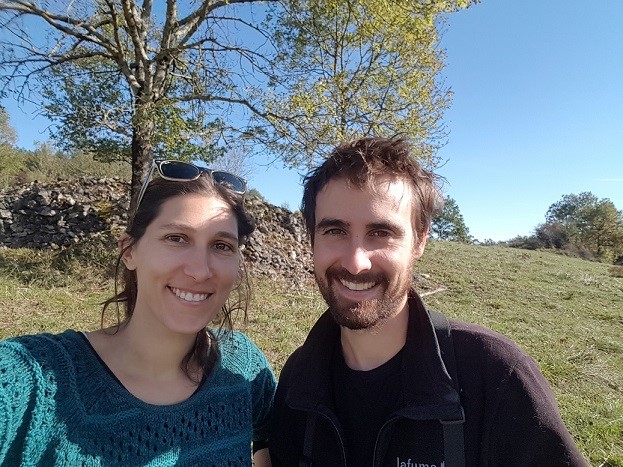
Feat-Y: How will the courses take place?
N.G.: We would like to set up a masterclass, with a group of students advancing together for a whole year. A course will consist of video modules recalling the basic principles. Among other things, it will explain how to use identification keys or technical equipment. Afterwards, students will be asked to answer quizzes. This is a set of photos to be identified, at different scales. Thanks to this, they will integrate what has been seen during the course. Finally, an expert will intervene: David and myself at the beginning, then naturalists specialized in other species. The students will also send the photos taken from their homes, and the experts will then be able to help them, if necessary, with identification. Each month, students will have access to new modules.
Feat-Y: What is the target audience?
N.G.: At the beginning, we will address students in ecology, or professionals in ecology-related positions, who wish to train on a group. Our courses will gradually expand, first to market gardeners and gardeners, and then to the general public.
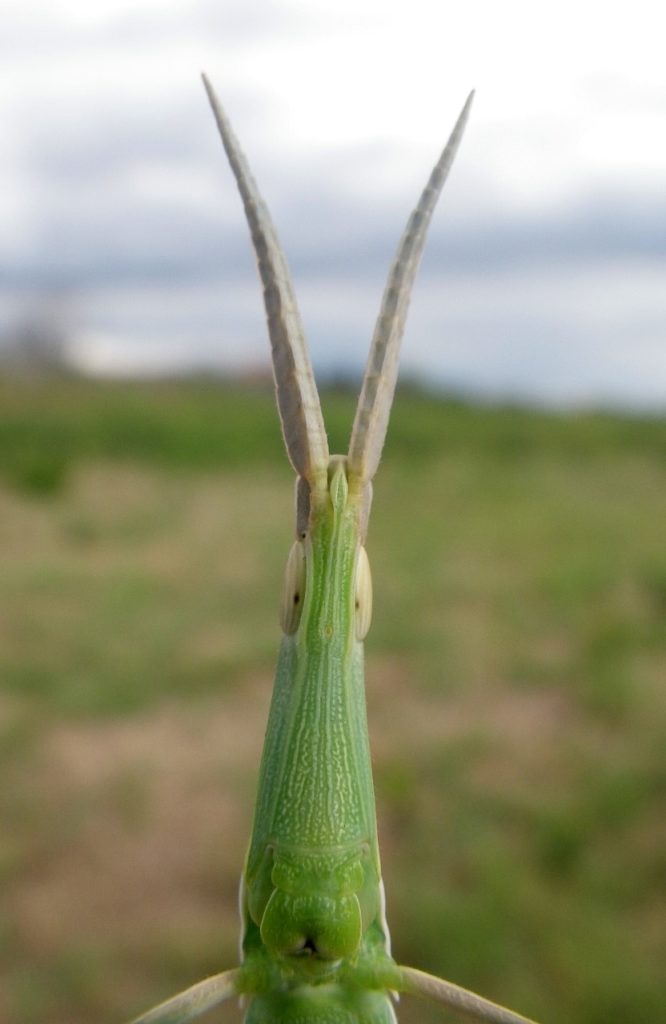
Feat-Y: Will there be different themes?
N.G. : yes! We will partner with new people every year. In 2021, classes will focus on locusts and grasshoppers, followed by birds, mammals, amphibians and other insect groups such as dragonflies and butterflies. As for the market gardening/gardening group, there will be a focus on all growing aids, pests, and biodiversity in the garden.
Feat-Y: The second part of your project is an experimental biological micro-farm. Can you tell us more about it?
N.G.: We want to focus on the links between biodiversity and culture. On the production side, for example, we will try to find what is best suited to a crop, without pests or pesticides, but giving priority to companion species. I’ve already met many market gardeners; I realized that they don’t have the same practices or the same relationship to the land. So I would like to make up my own mind, then compile my own experience and that of others to spread it around us. There are more and more market gardeners; we want to help them integrate the right reflexes in relation to biodiversity right away.
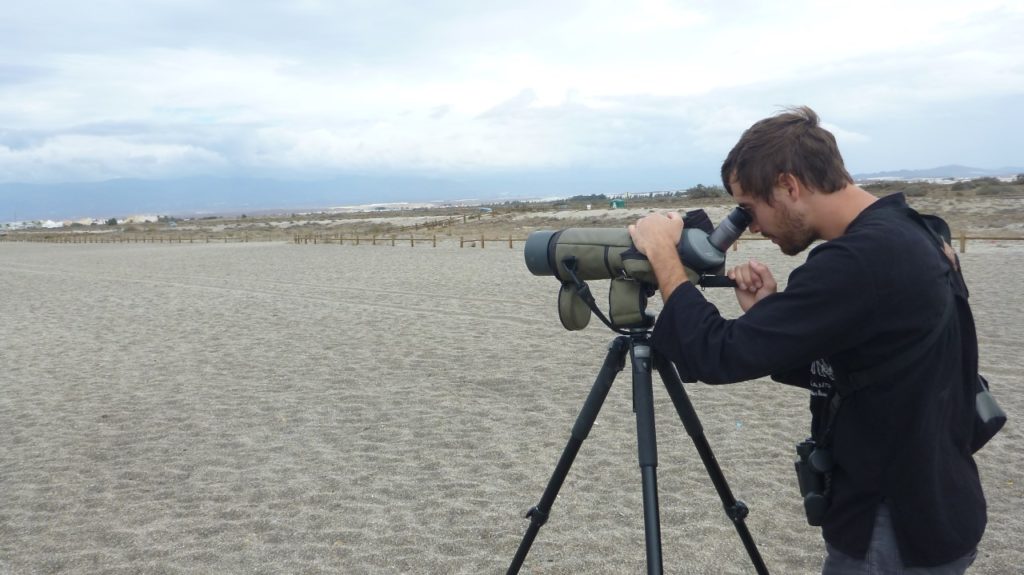
Feat-Y: How did you discover it?
N.G.: Via knowledge! These are actually individuals who lend us a piece of their land, which will be labeled organic in early January 2021. Since we can start producing on this plot, other people have come to us to propose to use their field. As a result, we want to create an integrated farm in the commune of Montseron, with land scattered all over the place!
Feat-Y: Will there be animals?
N.G.: There will be a small herd of Mohair goats! We don’t know yet if we will produce Mohair, but they will allow us to maintain the land in the first place. It will also be a good growing aid to get fertilizer. We will certainly have some hens, and an orchard, when we will have enough space.
Interviewed by Mélanie Domergue
Infos :
To access the Project Zest page : https://www.zeste.coop/fr/bestiolesetcompagnie
internet : https://www.bestiolesetcompagnie.fr
